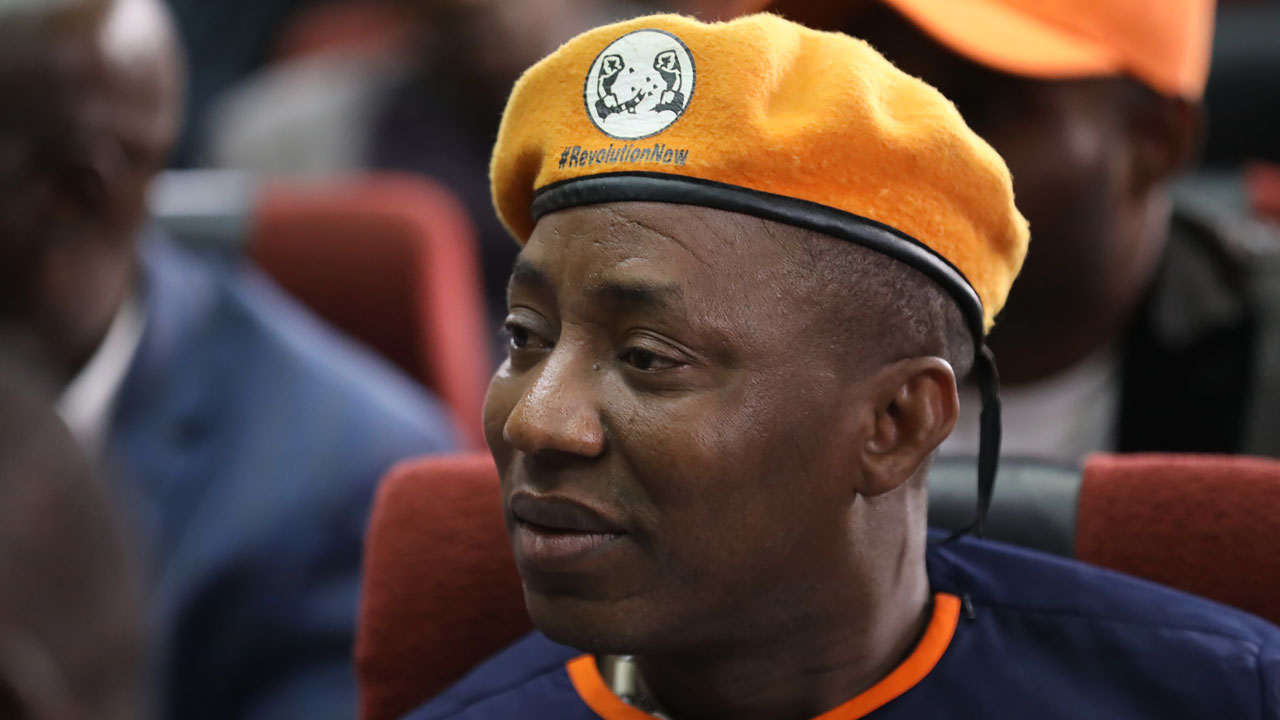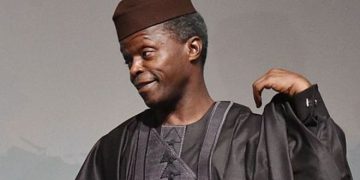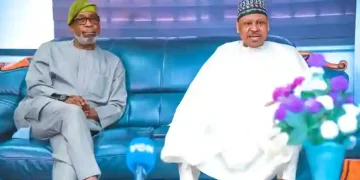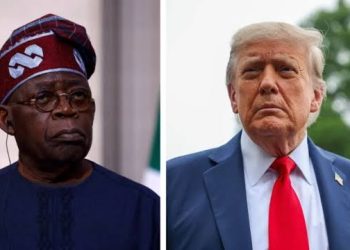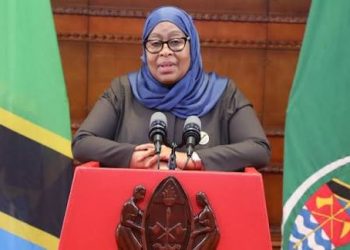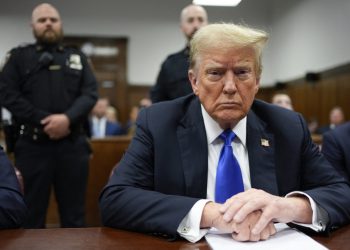Paul Biya, the world’s most senior head of state, is campaigning to continue his four-decade reign over Cameroon as the Central African nation prepares for Sunday’s presidential election.
The race has taken a dramatic turn with the disqualification of Maurice Kamto, Biya’s primary challenger. The country’s electoral board blocked Kamto from appearing on the ballot, raising concerns about the fairness of the democratic process.
Political observers describe this election as potentially pivotal for Cameroon’s future. The nation is grappling with severe economic hardship, with skyrocketing prices for fuel and essential goods devastating households across the country.
Speaking at a Tuesday campaign event, the 92-year-old incumbent pledged to revitalise the struggling economy, combat youth unemployment, and alleviate widespread poverty if granted another term. “I will never resign myself to the current situation,” Biya declared. “Certainly, much has already been done. But I can assure you that the best is still to come.”
However, his decades-long dominance faces unprecedented challenges. A dynamic opposition movement, fueled by disillusioned former allies and energised young voters, has emerged in recent months. This movement draws inspiration from Generation Z-led protests that have swept across Africa and beyond.
Kamto’s exclusion from the race followed a contentious decision by the electoral commission to postpone parliamentary elections until the following year. This manoeuvre left Kamto’s party without parliamentary representation, which made him constitutionally ineligible for the presidency. His subsequent attempt to run under a different party banner was also rejected.
The political dynamic shifted unexpectedly when Issa Tchiroma Bakary, Biya’s former spokesperson and employment minister, departed the government in June to launch his own presidential bid. Bakary’s candidacy is particularly significant as he hails from Cameroon’s northern region, a traditional Biya stronghold that commands substantial electoral influence.
Another government insider, Bello Bouba Maigari, the recent tourism minister, has also entered the presidential race.
Despite these challenges, Biya remains the frontrunner. His supporters dismiss age concerns, even though he would reach 99 before completing another seven-year term. Chuo Walters, a law professor at the University of Bertoua and Biya supporter, insisted the president “can think a thousand times faster than a 25- or 30-year-old.”
Many political analysts contend that Cameroon’s electoral system is structured to maintain Biya’s power. “The institutions are designed to ensure he wins,” explained Hubert Kinkoh, a political and security expert. Opposition figures accuse the president of wielding his authority to suppress rivals and manipulate both the judiciary and electoral apparatus.
A New Generation Demands Change
Critics argue that Biya’s advanced age and failure to establish a clear succession strategy have created a leadership crisis, damaged the economy, and sparked unprecedented political engagement among young Cameroonians.
“Young people here see Gen Z revolutions in countries like Kenya,” noted Ngala Desmond Ngala, a Cameroonian youth activist. “They’re looking at what’s happening in these countries and looking at theirs and are saying, ‘Why can’t we even lead something like that in Cameroon?'”
In a striking family moment last month, the president’s 27-year-old daughter, Brenda Biya, publicly urged young people on social media: “Don’t vote for my dad,” criticising him for causing widespread suffering. She later retracted and apologised for her comments.
“The average Cameroonian sits between the ages of around 17 to almost 40,” Ngala explained. “The president has been in power for 40-plus years. So there’s a generational disconnect between the president and the young people.”
Kinkoh observed a palpable shift in the political atmosphere: “You could feel that, for the first time, a change of government is possible through the ballots, because there is a whole new generation of voters who are more critical and are not swayed by party affiliations.”
World Bank data indicates that approximately one in four Cameroonians risks falling into extreme poverty within the next 15 months. Multiple regions face persistent attacks from separatist forces and insurgent groups.
While Cameroon recognises both French and English as official languages, the English-speaking western territories bordering Nigeria remain engulfed in a decade-long separatist struggle. During a campaign stop in Bamenda, a northwestern town, Bakary pledged to free imprisoned separatist fighters if elected.
The far northern region, where Biya held his sole campaign rally, has experienced escalating violence from Boko Haram, the Nigerian-based extremist organisation that continues to terrorise and abduct civilians.
Voting Information
Polling stations will operate from 8 a.m. to 6 p.m. on Sunday. Official results may take up to two weeks to be announced.

Folami David is a dynamic journalist who views the world through an analytical lens, translating complex narratives across multiple industries into compelling stories. With an insatiable appetite for information and a keen eye for emerging trends, Folami specializes in uncovering the interconnections between technology, business, culture, and society.




